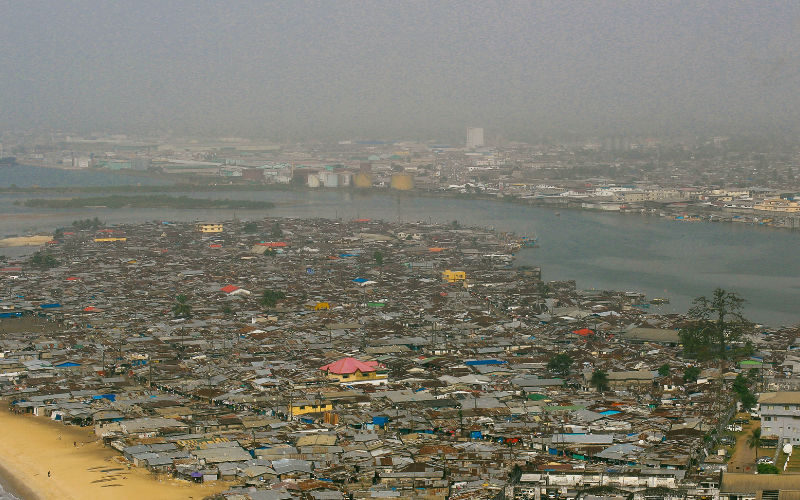Social Protection in Sub-Saharan Africa
This paper addresses social protection from a whole-systems perspective, exploring case studies from sub-Saharan African countries with their own histories of welfare policy and practice

22 September 2023
Social protection is a central function of modern welfare states, yet it is defined and enacted differently across contexts, shaped by respective histories, political climates and institutions. Broadly, the term refers to the mechanisms and policies designed to mitigate vulnerability and shocks (Ellis, Devereux & White, 2009; ILO, 2020; World Bank, 2021; FAO, 2017; European Commission, 2020).
A formal call for universal social protection by 2030, in support of Sustainable Development Goal 1.3, was made in 2019 by a coalition of national and multi-lateral partners including the African Union, the ILO, USAID and UNICEF (USP2030).
This IGP working paper addresses social protection from a whole-systems perspective, exploring case studies from sub-Saharan African countries with their own histories of welfare policy and practice. The intersection of the climate emergency with changes in demographics, urban/rural life, technology and population health is creating a new landscape of vulnerability across the region, that presents social protection policymakers with a complex set of challenges. While there is a growing body of literature that explores how income support in particular can reduce vulnerability to climate-related risk, (Costella et al, 2023; Ulrichs, Slater & Costella, 2019; Etoka et al, 2021; Weingartner et al, 2019), we argue for a transformative approach. In response to new, intersecting vulnerabilities, and in light of historical injustice in the delivery of social protection, the mechanisms we implement today must be different. Social protection for the 21st century must not only mitigate risk but deliver the necessary conditions for prosperity. To do so, and to deliver sustainable justice on a social and planetary level, social protection systems must ultimately begin from a different perspective, operate proactively, and address the intersections between precarities.
 Close
Close

